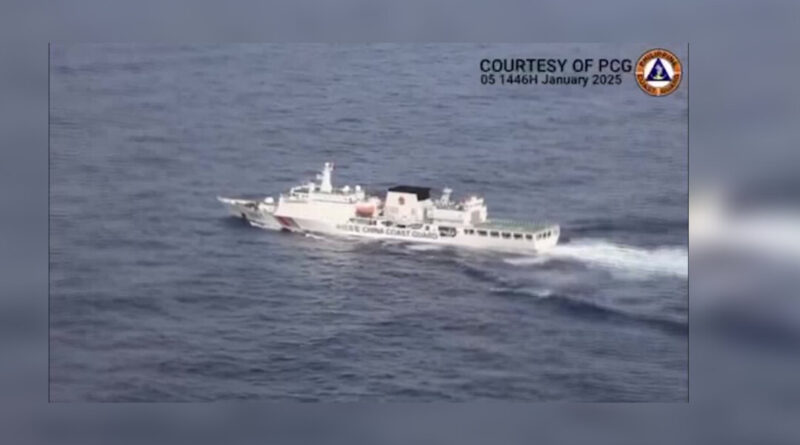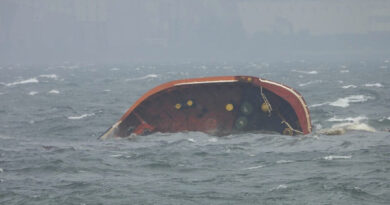Chinese National Arrested in Philippines for Alleged Espionage Near Military Bases
Filipino national security adviser Secretary Eduardo M. Año emphasized that the recent arrest serves as a strong indication of the ongoing threats posed by foreign interference.
Authorities in the Philippines apprehended a Chinese national allegedly engaged in surveillance activities targeting military installations.
During a press briefing in Manila on Jan. 20, investigators identified the suspect as Deng Yuanqing, linked to the Army Engineering University of the People’s Liberation Army in China.
Philippine National Bureau of Investigation (NBI) Director Jaime Santiago revealed that Deng, part of a group under investigation, was suspected of gathering intelligence on critical infrastructure, including military sites.
“We found surveillance equipment on his vehicle, indicating potential transmission of collected data to China,” Santiago stated during the briefing.
The group visited various locations, including areas accessible to the U.S. military under a bilateral agreement, revealed Armed Forces of the Philippines (AFP) chief Romeo Brawner Jr.
“We are investigating China’s overall espionage activities,” Brawner explained during the press conference.
According to PNA, the trio was apprehended in Makati, a city near Manila in the southeast.
Brawner mentioned that authorities were examining seized equipment, which included images of Fort Bonifacio and Camp Crame, Philippine army and police headquarters, respectively.
Security measures across military installations in the Philippines have been heightened, added Brawner.
He also recalled a previous incident where a Chinese national was arrested for suspected espionage activities, according to the outlet.
“Foreign interference and malign influence continue to pose significant threats to our nation,” Año remarked.
“To address these challenges effectively, we call on Congress to prioritize enhancements to the Espionage Act and the Countering Foreign Interference and Malign Influence bill.
“Strengthening our legal framework is crucial to combat evolving security threats and hold accountable those jeopardizing our national security.”
These cases unfold amid escalating tensions between China and the Philippines over Chinese maritime activities, particularly in Manila’s exclusive economic zone.
“The Philippine Coast Guard remains committed to protecting maritime interests and upholding international law without escalating tensions,” Tarriela affirmed.
Reuters contributed to this report.



